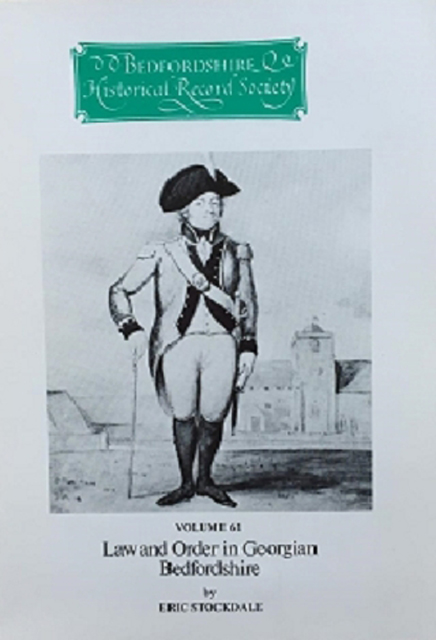V - The Coming of the Police
Published online by Cambridge University Press: 03 August 2023
Summary
For centuries the principal local citizen concerned with the maintenance of law and order, other than the justice of the peace, was the constable. He was an ordinary citizen appointed to serve for one year only, and he was expected to keep himself and his business going as usual. It could be a dangerous task. He was all on his own, unless he could persuade his fellow citizens to come to his aid — something they were bound to do in certain circumstances. Michael Dalton in 1677 put it as follows: ‘Every of these conservators of the peace are by the ancient Common Law to imploy their own valour, and may also command the meet help, aid and force of others, to arrest and pacific all such who in their presence and within their jurisdiction and limits, by word or deed, shall go about to break the peace.’
Over the years it became increasingly clear to magistrates and others in the county that the task of maintaining the peace and of apprehending offenders could not be left to the constables alone — no matter how willing they might be, and some were clearly less willing than others. Various methods were adopted to supplement the limited powers and abilities of the constable.
It has always been the right of the citizen to defend himself, and there is nothing wrong in the idea of proper collective self-defence, We have seen how during the 1757 militia riots, when the constables were understandably keeping a low profile, Lord Royston, Thomas Potter and others were joining in an association to keep the peace, Similarly, throughout the country associations were set up for the apprehension of felons, Adrian Shubert has found ‘there were at least 450 associations created in England and Wales between 1744 and 1856’. As Joyce Godber has pointed out, the Olney, Purvey and Harrold Association was founded in 1796, and that of Hockliffe, Chaigrave, Battlesden and Tilsworth four years later. The felons apprehended had often committed minor thefts of food from shops or gardens. As we have seen, Philip Hunt in 1827 gave a Parliamentary Select Committee his views about one of the effects of the existence of such associations.
- Type
- Chapter
- Information
- Law and Order in Georgian Bedfordshire , pp. 95 - 101Publisher: Boydell & BrewerFirst published in: 2023

